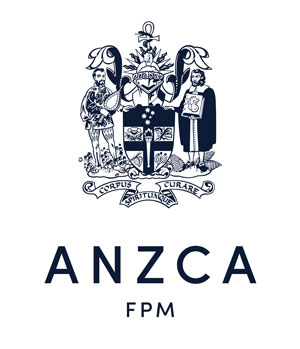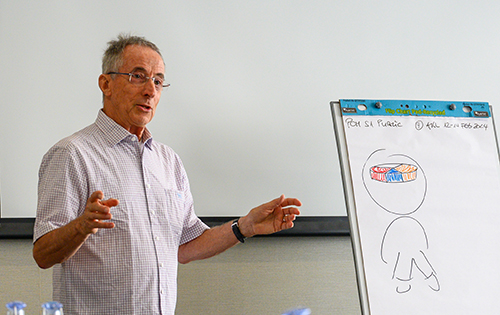
Australian and New Zealand College of Anaesthetists
High-pressure operating theatres make PCM vital for patient safety.
Background
The roles and responsibilities in the operating theatre are very different and sometimes conflicting for anaesthetists and surgeons. High pressure, changing teams, unexpected developments, different personalities and priorities have to be managed to ensure the patient’s safety. Outside the theatre, relationships with patients and family members, nurses and with hospital managers are equally important to create positive outcomes.
Training
The obvious demands on functional communication, co-operation, self and people management, stress and conflict management are some the reasons why anaesthetists are attending PCM seminars in growing numbers since 2006. ANZCA quickly accredited PCM in the context of the College’s CME programme.
Results
“It has allowed me to understand much better where the people I interact with are coming from. I also understand my own and their motivators much better and recognize distress behaviour much earlier. These are incredibly valuable skills as they enable me to identify situations where miscommunication occurs and to do this much earlier before things escalate out of control. It has already made a difference to me in my personal life. I believe the skills I have learnt from PCM will be very valuable in my professional life as well, especially in working within teams in the Operating Theatre environment because I am now more attuned to what others are saying and, with a little more practice, I will be able to make a positive intervention when distress behaviours appear, especially those that may lead to a critical incident occurring.”
– Dr Meredith Craigie, Specialist Anaesthetist, Australia

